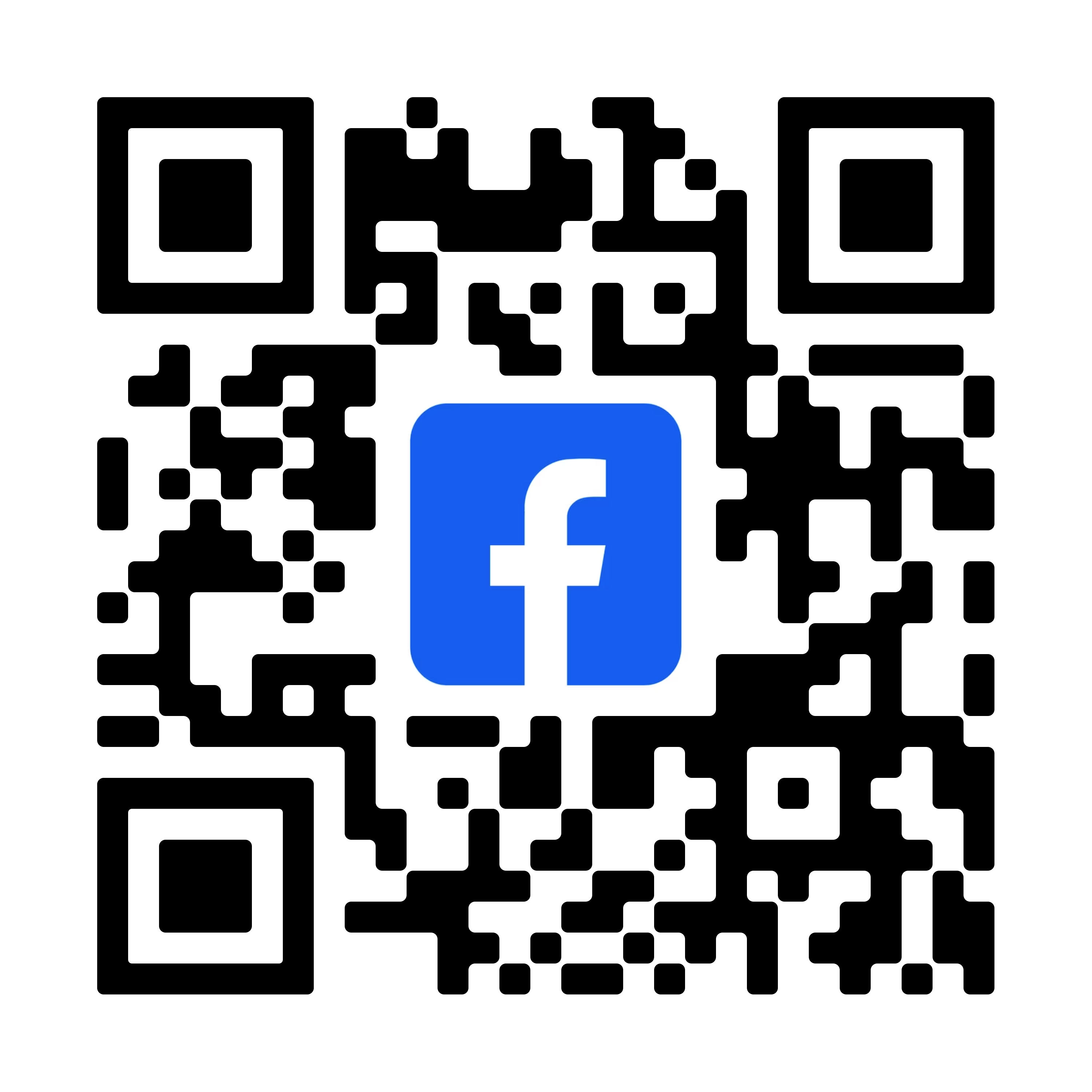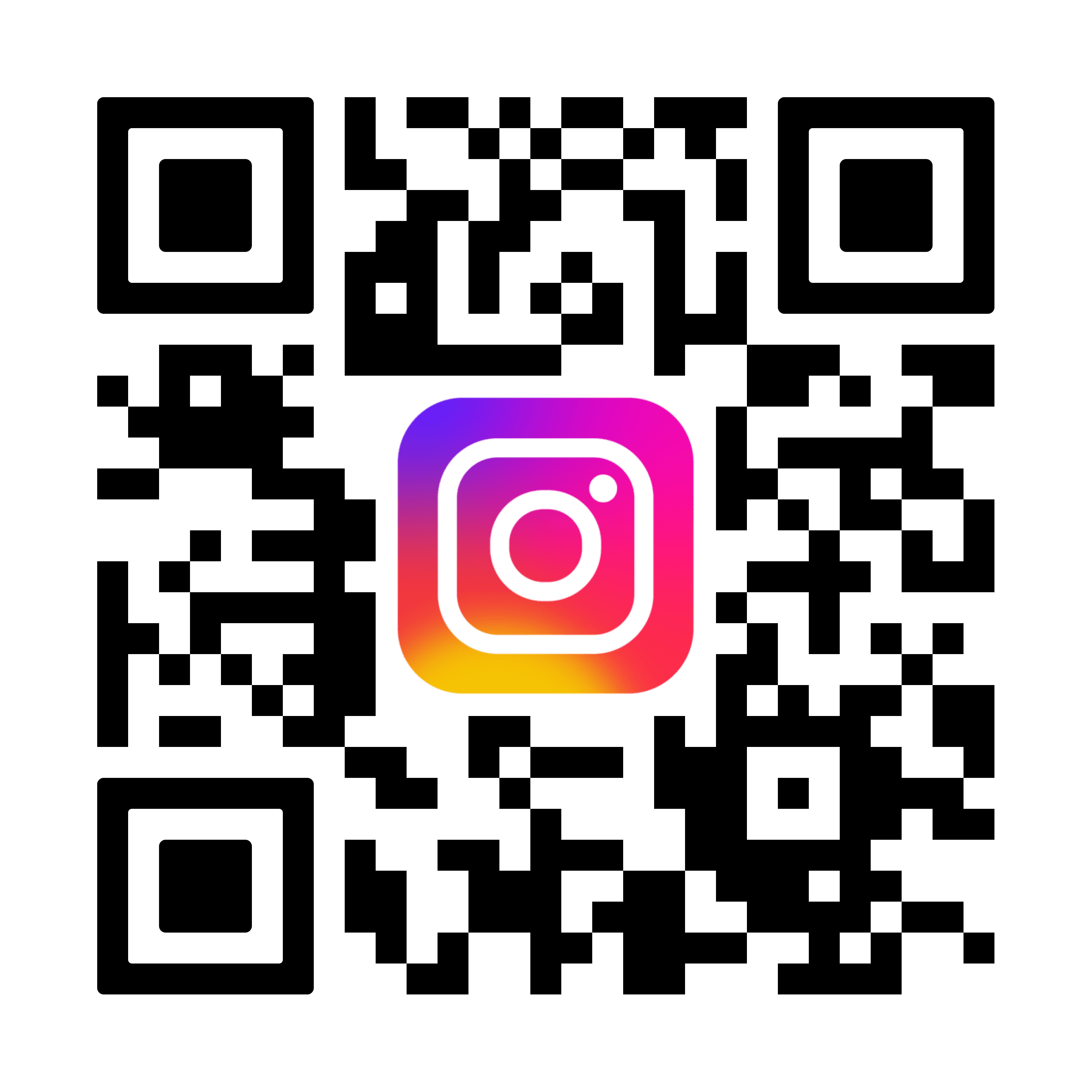Objectives:
The programme aims to fulfill the needs of modern medical development with correct views toward to the world, outlook on life and value; these corresponding courses are designed to train students who are enabled to understand Chinese traditional culture and master basic knowledge expertise and skills on basic medical sciences, clinical medicine, and public health and preventive medicine, while they should be preliminarily capable to work in the field of clinical medicine, have ability of lifelong learning with good professional quality. After graduation, they are specialized doctors with a strong international competitiveness, so that they should be able to serve for their residential public health and contribute to the residential stable and prosperous.
A1. Establishing correct views toward to the world, outlook on life and value; understanding Chinese traditional culture; enabling to offer the high quality service for the residential public health and contribute to residential stable and prosperous.
A2. Mastering basic knowledge on basic medical sciences, clinical medicine, and public health & preventive medicine.
A3. Mastering basic expertise and skills on basic medical sciences, clinical medicine, and public health & preventive medicine.
A4. Having the capability of preliminarily diagnosing and treating various clinical common and prevalent diseases, as well as general acute and severe diseases.
A5. Possessing the creative imagination and the ability for lifelong learning.
Graduation requirements:
B1. The requirements for ideological & ethical standard, and professional quality
(1)Possessing correct views toward to the world, outlook on life and value; understanding Chinese traditional culture; Having favorable ideological and moral cultivation, and great sense of social responsibility.
(2)Cherishing life, respecting patients, practicing medicine according to law. Having humanitarian, matter-of-fact spirits, and good ethics. Devoting themselves to prevent and treat diseases. Having the ambition to struggle for human physical and mental health.
(3)Establishing the concept of lifelong learning and constantly striving for excellence. Mastering basic knowledge about the law and observing the relevant code of conduct and law. Having the legal concepts of practicing medicine according to law, and knowing how to protecting own and patients’ rights by legal means.
(4)Respecting patients’ background, belief, personality and privacy. Be good at communicating with patients and their families, and undoubtedly recognizing the importance of patients & families’ cooperation and colleagues’ teamwork in combating diseases.
(5)Establishing rigorous attitude of scholarship, and the sprits of innovation and exploration, as well as the courage of inquiry and criticism.
B2. Knowledge requirements:
(1)Mastering basic theoretical knowledge and scientific methods of medicine correlation in humanities and social sciences, natural sciences, life sciences and behavioral sciences.
(2)Mastering the anatomical structure and physiological functions of normal human body, as well as psychological state. Learning how to analyze the pathogenesis, pathologic and pathophysiological changes. Mastering basic pharmacological knowledge and principal on clinical rational use of drugs.
(3)Mastering the clinical manifestations and the diagnosis and treatment’s principals/methods of various common and prevalent diseases, general acute and severe diseases in internal medicine, surgery, gynecology & obstetrics, and pediatrics, etc.
(4)Mastering the idea and basic knowledge of general medical science, as well as be familiar with the working style and tasks of doctors/physicians in general practices.
(5)Mastering the theoretical knowledge of public health & preventive medicine, and knowing national health work policy, policy and laws & regulations.
(6)Mastering the basic theory of Chinese traditional medicine, and be familiar with Chinese traditional medicine’s basic principals about diagnosis and treatment based on an overall analysis of the illness and patient condition.
(7)Understanding the importance of scientific experiments on medical research, and the fundamental rules and methods in scientific research. Obtaining the preliminary training on professional scientific research.
(8)Mastering the basic theory and knowledge of modern information technology, and at least one foreign language’s listening, speaking, reading and writing.
B3. Skill requirements:
(1)Possessing the basic clinical skills on normative history-taking, physical examination, and medical record writing.
(2)Possessing fairly strong clinical ideation and judgment, and primarily having the ability to choose optimal clinical skill, simultaneously the most economical and effective means to make a diagnosis and give treatment.
(3)Having the ability to effectively communicate with patients and families, as well as hospital staff.
(4)Having the primary ability to perform evidence-based medicine, collect clinical manifestations, evaluate the data and fulfill evidence-based policymaking.
(5)Having the ability to find, analyze and solve the problems, as well as lifelong learning. Obtaining the preliminary training on carrying out scientific research in relevant domain.
(6)Having the basic ability to work on community health services, carry on propaganda and education on healthy lifestyle and disease prevention, as well as analyze the crucial factors, which affect the health status of populations, and disease popular rules.
(7)Having the ability to study medical questions and obtain novel knowledge & information using modern information technology.
(8)Mastering at least one foreign language to carry on daily conversation with foreigners, and be capable of reading the specialized literatures.
Core Disciplines:
Foundation Medicine,Clinical Medicine
Major Courses:
Systematic Anatomy, Histology and Embryology, Physiology, Biochemistry, Pathology, Medical Microbiology, Medical Immunology, Pharmacology, Pathophysiology, Medical Parasitology, Epidemiology, Public Hygiene, Clinical Diagnosis, Internal Medicine, Surgery, Obstetrics and Gynecology, Pediatrics
The proportions of practical teaching:
the teaching time of practical teaching in the major is more than 50% in total teaching hours.
Program Length: 6 years
Degree: Bachelor’s Degree in Medicine






